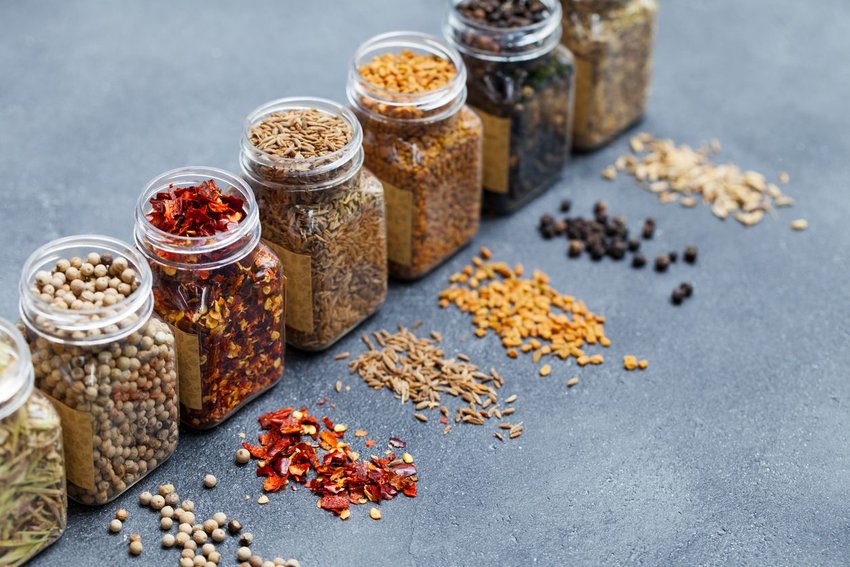While the paleo diet may be popular today, we’ve refined our cooking techniques beyond dropping chunks of meat onto a flame. We’ve even thrown a few spices, glazes, and different ways of chopping into the mix. With new methods of cooking and different cultural influences on food, language has to be adapted to describe them. Let's take a look at some of the modern cooking words used in English, and where they came from.
Words for Cutting Techniques
Dice
To dice food is to finely chop it into small cubes. Onions and other vegetables are often diced for even cooking. "Dice" is also the plural for "die," the small cube with numbered sides featured in countless board games. The gaming term came around in the early 14th century, and the culinary cousin popped up that same century.
Mince
Mincing is also the act of chopping food into small pieces, although without the emphasis on the cube shape. This one came from the Latin minutiæ, meaning small bits. The increment of time, 1/60 of an hour, also comes from this tiny Latin word.
Words for Cooking Techniques
Sauté
Chefs who let their food sizzle in a pan before tossing it into the air are well versed in the art of sautéing. It is the jumping that defines this method, as the direct translation of the French word sauté into English is "jump up." This method and term has been used in cooking since the 1820s.
Roast
Simply enough, to roast is to cook in a dry heat. This word came from the old French rostir, which meant to roast or burn, and has been in use since the early 13th century.
Bake
Ancient Egyptian bakeries have been discovered by archaeologists, so this is probably the oldest method on the list. Technically similar to roasting, the old English bacan meant to cook by dry heat in a closed place or on a heated surface. Note: Bacan became bake, but not bacon (which comes from German for "back").
Words for Flavoring Food
Glaze
A glaze is a shiny (and usually sweet) coating added to meat, vegetables, or desserts. The noun came from the verb — to glaze. The first people to glaze something were 14th-century glass workers, who used the middle English word glasen, which meant to fit with glass or to make shine. When glazing ham, we are talking about using honey and not glass.
Season
The noun "season" (winter, spring, etc.) is quite different from the cooking verb "season" (to improve flavor by adding spices); however, the two have entangled histories. The verb is from the 1300s old French assaisoner, which meant to ripen or season. However, the modern English is a combination of that word, and the concept of fruit becoming tastier as it ripens, like time passing through seasons.

